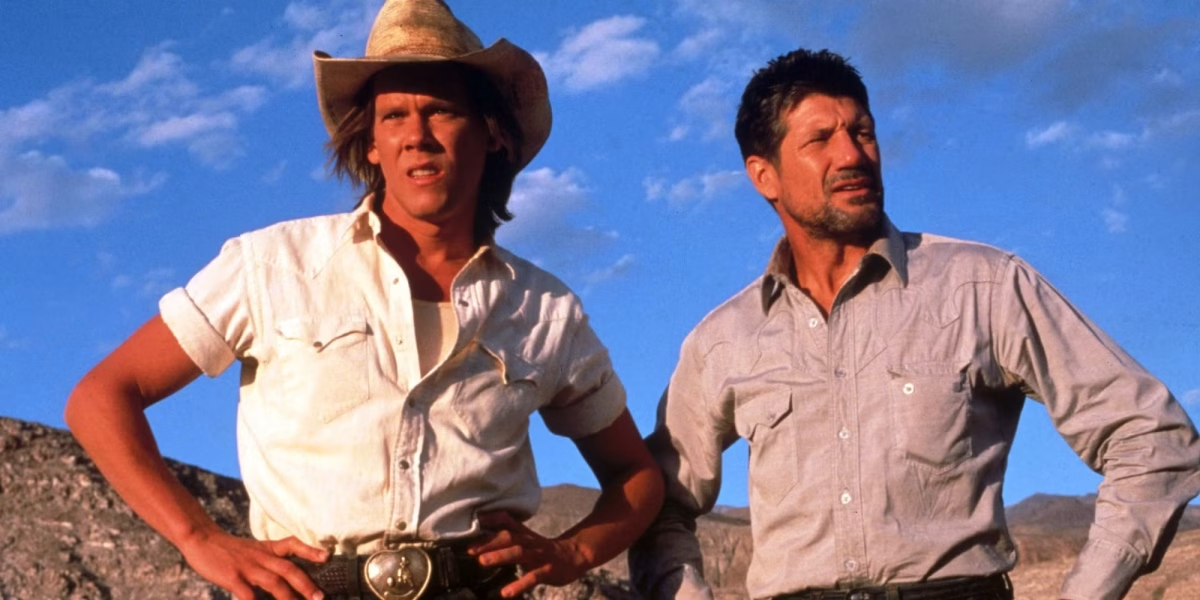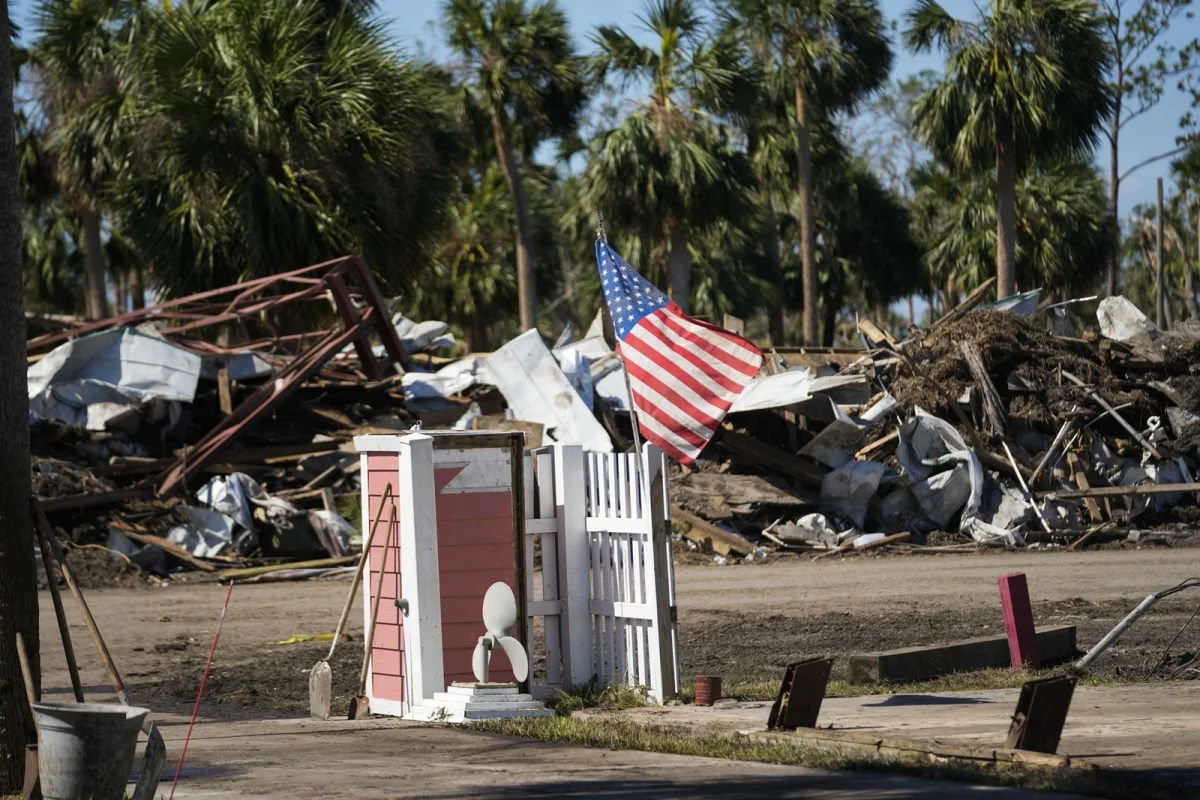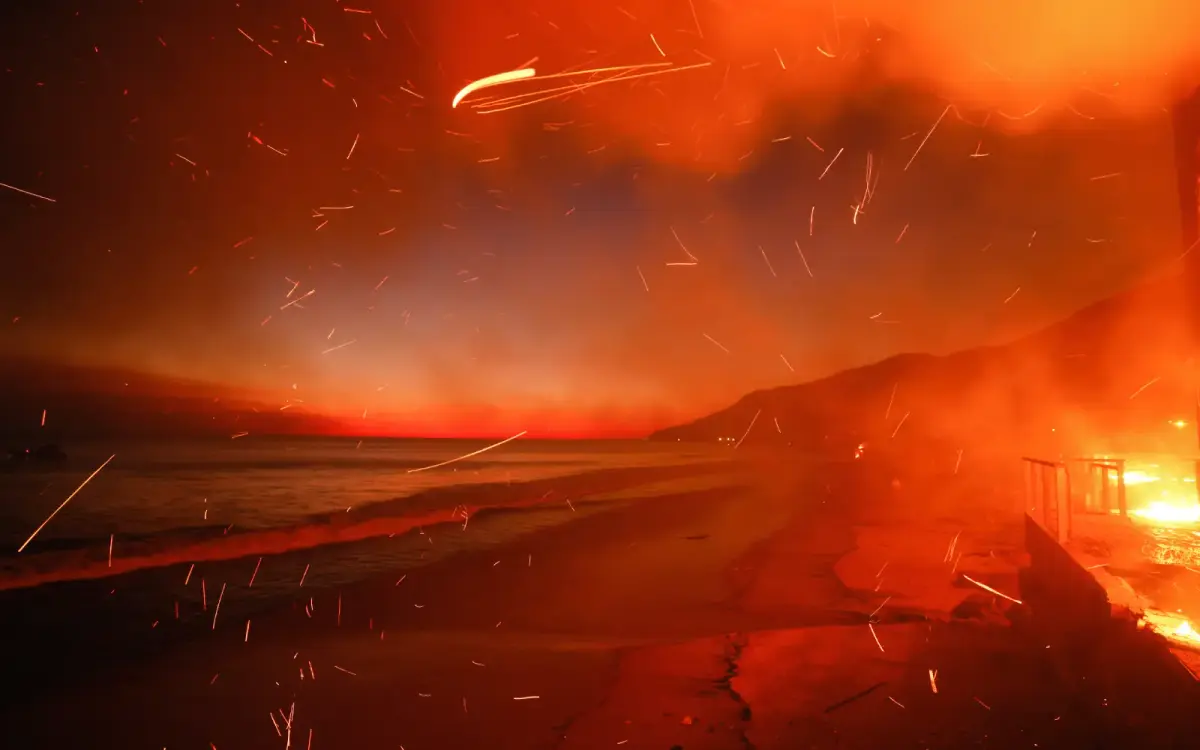From September 26th to the 29th, a Category 4 Hurricane Helene slammed into Florida, Georgia, and the Carolinas, ending in 231 dead and even more people injured or missing. This makes it the deadliest hurricane to hit the United States since Katrina in 2005.
Hurricane Milton, a Category 3 storm, hit Florida not even two weeks later.
Hurricane Helene was particularly bad in Asheville, North Carolina, where multiple people are still missing and thousands are without power. The city, with over 93,000 residents, has reported 72 deaths, and thousands of troops have been deployed across impacted areas to help with the road of recovery that lies ahead.
The hurricane’s property damages may cost up to $47 billion, according to ABC News & CNN. The Federal Emergency Management Agency (FEMA) is giving those affected $770, or more depending on their needs, per person, to help pay for water, food, and fuel. Overall, federal support for survivors of Helene has surpassed $474 million, according to the White House.
Misinformation about the hurricane and its recovery has spread like wildfire. Baseless claims of FEMA giving money to illegal immigrants has been criticized by people from all across the political spectrum. North Carolina Governor Roy Cooper wrote on X, “Politicians, billionaires, and grifters who peddle lies during a time of crisis should be held accountable.”
Helene first made landfall at around 11:10 pm on September 26th, in the Big Bend region of Florida, near the capital of Tallahassee. It then moved north, luckily dodging the major city of Atlanta, but still bringing wreckage to tens of thousands of Georgians. Then, it hit Western North Carolina, specifically Asheville, where the city was torn apart. After reaching Asheville, the storm died down, and was over by September 29th. The storm’s highest wind speed was 140 miles per hour.
Hurricane Milton seemed even deadlier at first, as it grew into a Category 5 storm by October 7. As it came closer to making landfall in Sarasota, Florida, it slightly diminished, into a still deadly but not as fierce Category 3 storm. Seventeen people lost their lives due to Milton, and millions more were affected in some way.
Before even making landfall, the storm unleashed a series of tornadoes that hit the region, which created some of the most severe damage that would happen over the next few days. Overall, more than 100 tornado warnings were issued. Due to the incoming storm, evacuation mandates were also issued, which forced about 2 million people to get out of the area.
On October 9th, Milton made landfall in Sarasota, and tore through central Florida. At one point, over 3 million people reported having no power. The hurricane got weaker as it kept heading inland, but the damage it caused was severe. Different reports from Reuters, Business Insider, and others, show the cost of damages done during Milton is likely going to be $50-100 billion.
Florida Governor Ron DeSantis has made an effort to ease the suffering of citizens, by directing thousands of workers to help rebuild and aid those affected. He has also offered free gasoline to affected citizens, because of all of the gas that was lost from the storm itself, and the evacuations. “We just want people to be able to get what they need,” DeSantis said.
If a storm as big as one of these was coming for Long Valley, WMC Senior Liam O’Hara shares his opinion that we wouldn’t be well-prepared and that “It would be like when Texas got hit by a huge snowstorm a few years ago. They weren’t ready, and we wouldn’t be either.”
Science teacher Mr. Kling had a different, more optimistic approach, though, stating that “We could probably communicate with the local mayors in Morris County, and come up with a plan where we could possibly provide housing for people in the community.” He added that “It’s the weather. A lot of people aren’t interested, because it doesn’t affect them here. They don’t think of evil in far away places, but that’s only a 12 hour ride away, where people are really impacted. You can hop in a car and in 12 hours you can see communities with their houses just knocked over.”
As the hurricane season comes to a close, it is important to remember the innocent lives lost due to natural disasters, and remind ourselves to help our community if something like this ever happened here.
































